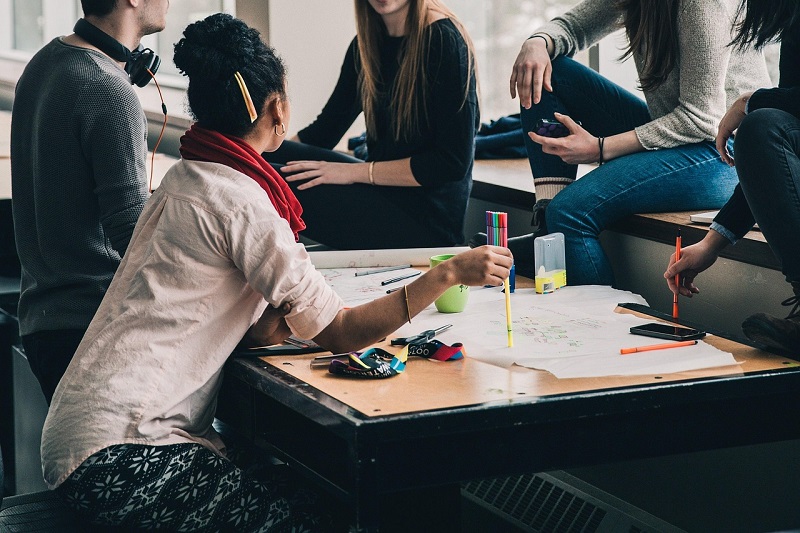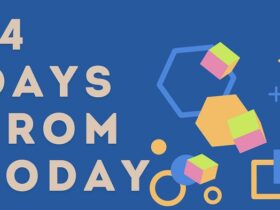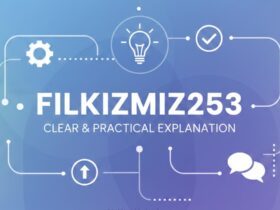Memory is perhaps the most intriguing element of human thought. The manner in which we code information affects how we remember it. There are various methods we attempt to recall what we have learned. Elaborative rehearsal is a method of technique that describes the process of connecting new information to prior knowledge to establish meaningful associations. In contrast to rote memorisation, which is based upon repetition alone, elaborative rehearsal solidifies memory by adding deeper meaning to what you are learning. Now, let’s see what you think about the answer to the following question:
“Elaborative rehearsal involves ________.”
- Reviewing repetitively without understanding the context
- Rote memorisation
- Attaching new information to already existing knowledge
- Forgetting existing information and memorising new information
I’m sure you can guess the correct answer already. And, if you can’t guess yet, by the end of this article, you will definitely know. So, let’s delve deeper into the world of elaborative rehearsal.
Aspects of Elaborative Rehearsal
Elaborative rehearsal is thinking about the meaning of information in greater depth. You have to relate it to what you already know. Rather than passively rehearsing words or numbers, you have to interact with the material more profoundly. For instance, when you are attempting to recall the term “photosynthesis,” you may associate it with your understanding of plants and how they use sunlight for food. Try to relate the leaves of the plants to the “kitchen”. Merely repeating the term itself will not help you remember it for a long time. In other words, elaborative rehearsal includes:
- Developing connections between new and old information.
- Describing things in your own words to improve your understanding.
- Creating examples and analogies to make information more significant.
- Visualising ideas to create mental pictures that help in recalling.
Some Examples of Elaborative Rehearsal
Looking at some of the examples of elaborative rehearsal will help you to understand the concept better.
- While Learning History: When you are trying to learn about some historical events, make sure to study their social and political impact. Only learning about that will not give you a deeper understanding.
- While Studying Vocabulary: Learning vocabulary is often boring and gives you a headache. That is only when you try to remember them by routine repetitively. Try adding an easier meaning or an image to your learning. For example, when learning the word “benevolent”, you can add the face to your kind friend. Later, you will remember that benevolent means kind once you remember your kind friend’s face associated with it.
- While learning Science: Make sure to apply what you learn in your science class to apply in real-life situations. Once you go through some trials and errors, you will learn the concept or the formula more vividly.
Some Tips and Tricks
Here are some tips to help you practice elaborative rehearsal:
- Always ask “why” and “how” questions about the concept you are learning
- Teach the concept to someone else, which forces you to explain the concept in your own way.
- Try to visualise whatever you are learning
Frequently Asked Questions (FAQs)
Does elaborative rehearsal improve long-term memory?
Yes, it is one of the most effective techniques for moving information into long-term memory.
Can elaborative rehearsal help with exam preparation?
Yes, it makes studying more effective by ensuring you understand the information properly.









Leave a Reply